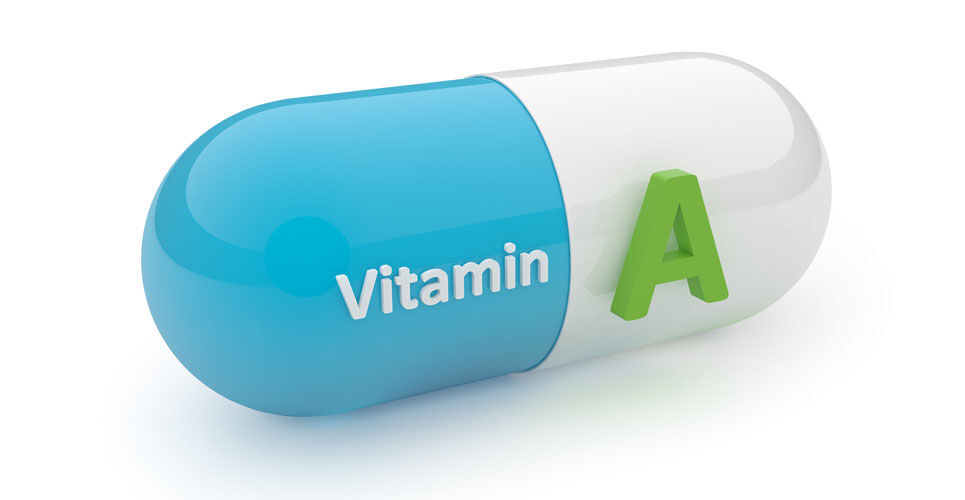Oral vitamin A could be used as an alternative to isotretinoin for the management of severe acne although more rigorous studies are required.
Oral vitamin A might serve as an alternative to isotretinoin for the management of patients with severe acne although there is a need for more up-to-date and rigorous clinical trials.
This was the conclusion of a research letter by staff from the Center for Dermatology Research, Wake Forest School of Medicine, North Carolina, US.
Systemic isotretinoin (which is an oral derivative of vitamin A) is the most effective treatment for both severe acne and for moderate severity disease that is unresponsive to other treatment modalities.
Nevertheless, the drug has many adverse effects but perhaps the most important is teratogenicity which is estimated to have a 20-35% risk to infants that are exposed to it in utero and includes congenital defects such as craniofacial defects, cardiovascular and neurological malformations or thymic disorders.
As a result, prescribing of the drug is restricted to dermatologists and guidelines in the UK advise that when prescribed to female patients, they must follow the pregnancy prevention programme.
In Europe, a 2018 review by the EMA concluded that there is the need to strengthen the recommendations for pregnancy prevention but also to raise awareness about possible neuropsychiatric risks.
In the US, a similar programme termed the IPLEDGE operates and is designed to manage the risk of isotretinoin’s teratogenicity and to minimise foetal exposure.
However, changes to the IPLEDGE platform recently caused problems for both clinician and patient access to the portal, which prevented some from prescribing the drug thus interrupting patient care.
As a result, there have been calls for alternatives to isotretinoin with one possible contender being oral vitamin A and which was first used in acne in 1943.
For the present review, the authors undertook a literature review of the available studies to assess its suitability as a treatment for patients with severe acne.
Oral vitamin A and acne
A total of nine publications (eight trials and one case study) were identified and in eight of these, improvements were reported in the severity of patient’s acne.
The dosage of vitamin A ranged from 36,000 IU to 500,000 IU per day although nearly half of the studies (44%) reported success with a dose of 100,000 IU/day.
The duration of treatment ranged from one to seven months whereas the mean duration for clinical improvement ranged from seven weeks to four months and the relapse rate was 33% which is not dissimilar to the rate of 37.3% for isotretinoin.
Moreover, oral vitamin A was associated with the same mucocutaneous side-effects such as xerosis and cheilitis and serious adverse effects such as teratogenicity is also a known problem.
The authors concluded that while oral vitamin A appears to be an effective treatment for acne, since the trials were conducted many years ago, they did not meet the more stringent requirement of today and more studies are therefore required before more widespread introduction of the vitamin.
Nevertheless, the authors suggested that given how oral vitamin A is considerably cheaper than isotretinoin, a daily dose of 50,000 to 300,000 IU/day may represent a suitable alternative in cases where isotretinoin is not available.
Citation
Cook MK et al. Oral vitamin A for acne management: a possible substitute for isotretinoin J Drugs Dermatol 2022.

